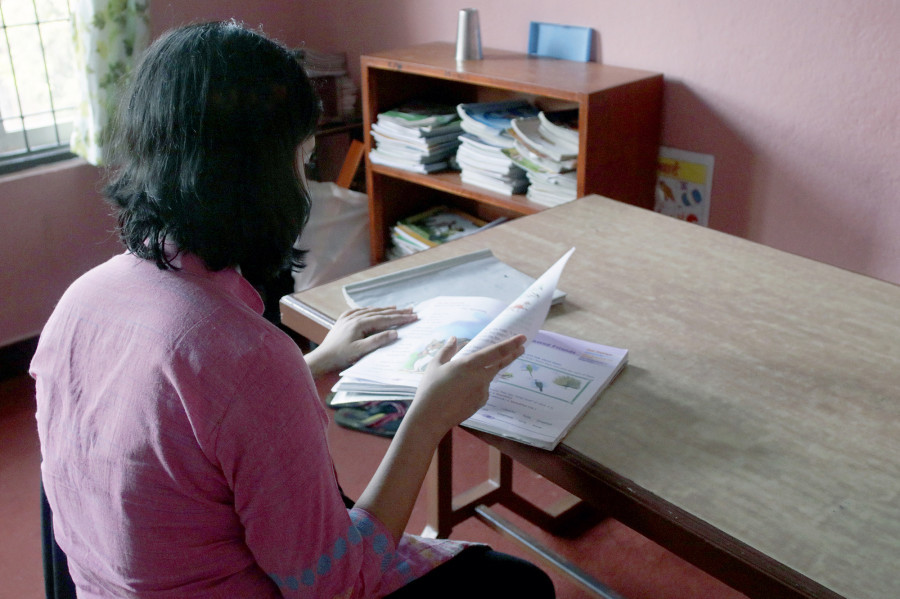Editorial
Accepting autism
We need to do more to help children with autism cope with their unique challenges.
The chances are that we have all heard about autism, but we do not know what it is. A complex condition, autism spectrum disorder remains misunderstood as its effects, and the severity of the symptoms among individuals, range from mild difficulties in learning and social interaction to severe impairments and extremely unusual behaviour. According to autism specialists, the condition is one of the most complex disorders occurring in the first three years of a child that severely affects their lifelong development.
Life is not easy for children with the condition or for the parents who have to raise a child with autism. Children with the condition are often diagnosed late and subject to stigma and discrimination. They are deprived of healthcare and education and are ostracised by their communities. For the parents, it is more daunting because they have an additional burden of understanding the unique needs of their children and preparing them for a challenging life ahead.
It is estimated that some 300,000 children are living with autism in Nepal, among whom 60,000 to 90,000 are severely affected, according to the Autism Care Nepal Society. But these are old estimates, and there is a dire need for reliable data in Nepal to shape policy interventions to address this public health issue as the number of people with the condition continues to grow globally, with one of the highest incidence rates, making it a public health concern.
Therefore, it is imperative to sensitise the general population about the condition so that there is a broader acceptance of autism and help children and adults with autism lead a productive life and integrate into mainstream social structures. Specialists say there is a need for more comprehensive health and education policies than just a one-size-fits-all approach to supporting children with special needs. Children with autism have different learning styles that demand equally different teaching methodologies.
According to the World Health Organisation, autism spectrum disorder affects one in 160 children, and an autism diagnosis is four times more likely in boys than girls. The government needs to raise grassroots awareness about the condition and consistently battle the stigma surrounding it. Autism screening services should be mandatory, affordable and accessible across the country for there is evidence that early intervention can go a long way and assist children in coping with autism and, despite their conditions, excel in life and even exhibit outstanding abilities.
Most children with autism do well by middle childhood in one or more key domains of developmental health, according to a new study that surveyed 272 children with the condition in Canada. Researchers of the study say children with autism do well when we create the social conditions for all people to participate and experience their capabilities. We as a society must understand that children and adults with autism face daunting challenges every single day. It should be our collective effort to accommodate their unique needs to assist them in coping with their challenges.
In Nepal, it is primarily the parents and their network who’ve taken the responsibility to find solutions and set up institutions to support their children and each other. There is currently scant state support to these institutions that provide informal schooling and vocational education to children with autism. The government needs to do more to create an autism-friendly environment. The right time to begin this much-needed work is today, as we observe World Autism Awareness Day with the aim of eliminating inequalities faced by persons with autism.




 9.7°C Kathmandu
9.7°C Kathmandu














